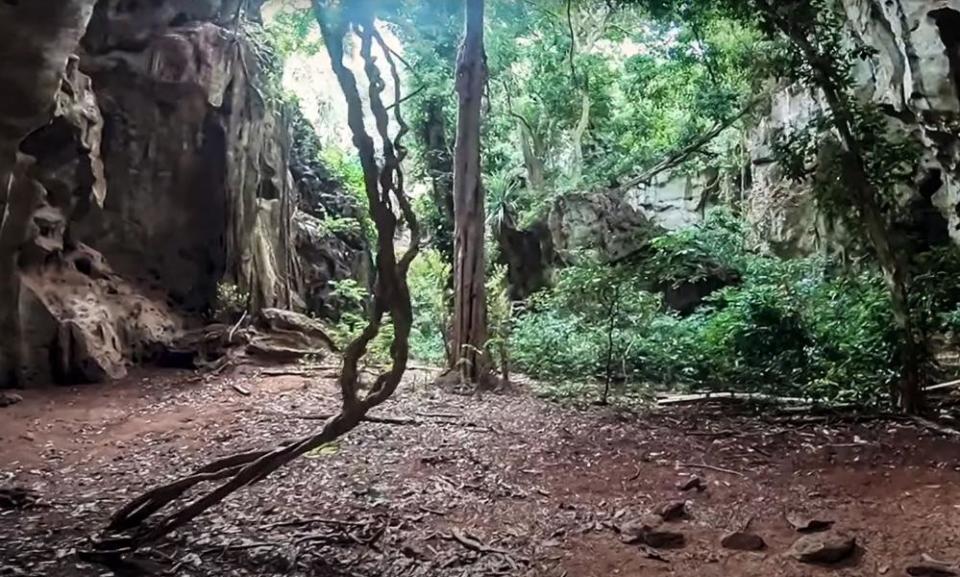The buried truths that say so much about our ancestors

Scientists have discovered what may be the oldest known burial in Africa. The remains of a person, probably aged two or three, and buried some 78,000 years ago have been discovered in Panga ya Saidi, a cave system in Kenya. The child, given the name Mtoto, Swahili for “child”, appears to have been placed on their side with their legs tucked into the chest and the head resting on a long-perished support. The body may have been wrapped in some form of material, perhaps an animal skin, which again has perished.
Mtoto is not the earliest human burial of which we know. There are several sites in the Middle East in which modern humans (Homo sapiens) were buried at least 120,000 years ago. We know also of Neanderthal burials. Some anthropologists suggest that an even earlier human species, Homo naledi, may also have buried their dead, though this is controversial.
The question of ancient burials, and whether they were intentional, is an important and often contentious issue because, for humans, death is such a culturally meaningful event. The way we deal with the dead tells us something about the way we imagine the living and the value we place upon them.
Ancient burials are also important in furthering our understanding of the development of human thought. Language and thought do not fossilise. Burials, though, provide material evidence for the emergence of symbolic imagination, for the capacity to transcend the present, to think about the past and the future, to have beliefs, to grieve for others.
A burial such as that of Mtoto links us to humans 78,000 years ago and allows us to imagine them as humans. That is why such finds are so special.
• Kenan Malik is an Observer columnist

 Yahoo Movies
Yahoo Movies 